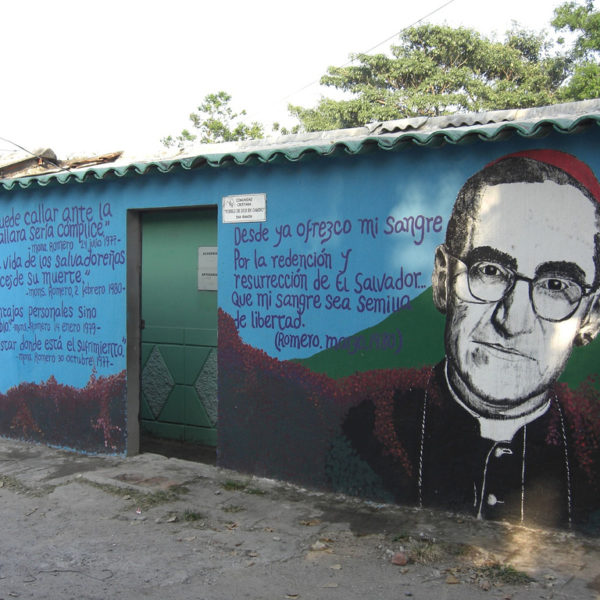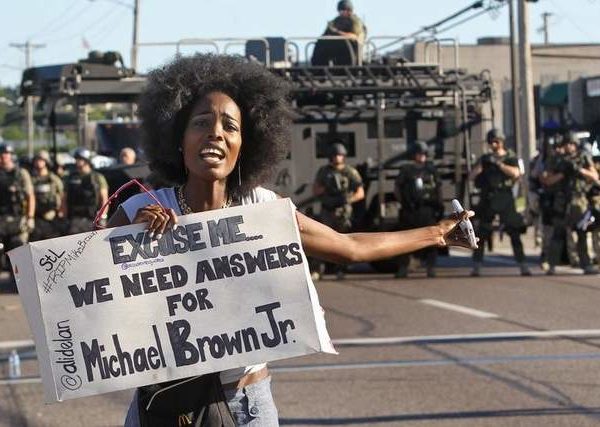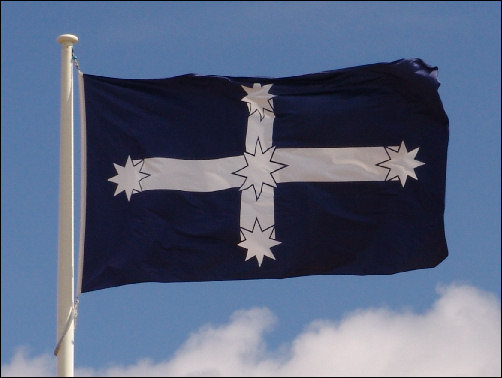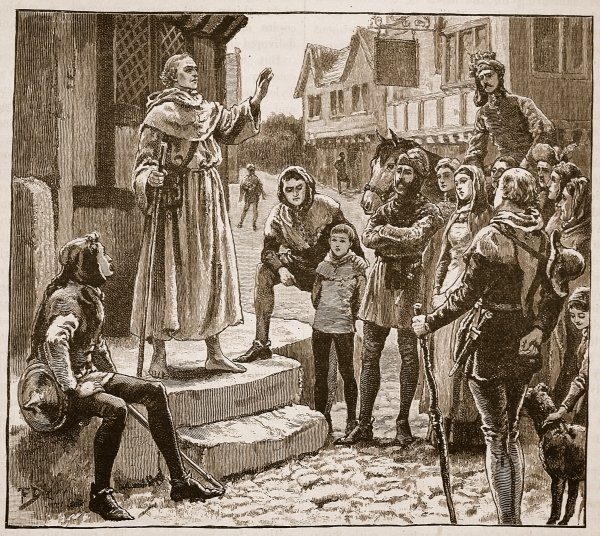
One Sunday around 1173, in Lyons, a wealthy financier named Waldo heard a traveling singer tell the story of St. Alexis, the son of a Roman senator who fled his family, became a beggar, and took to a life of prayer and service. Moved, he hurried to talk to a theologian, who told him of Jesus’ exhortation: if you wish to be perfect, go, sell what you have, and give it to the poor. And so he did.
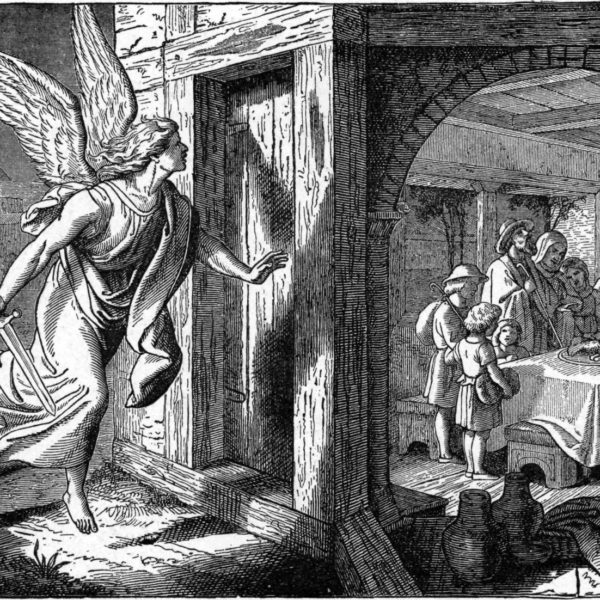
In the Passover we find a myth of the foundation of a nation that differs markedly from the contractarian myths of the Western liberal tradition. It disclosure of the sacrificial basis of the political order offers us a hermeneutical key for understanding the roots of our own nations and helps us to understand how we might be established as communities of faithful witness to them.
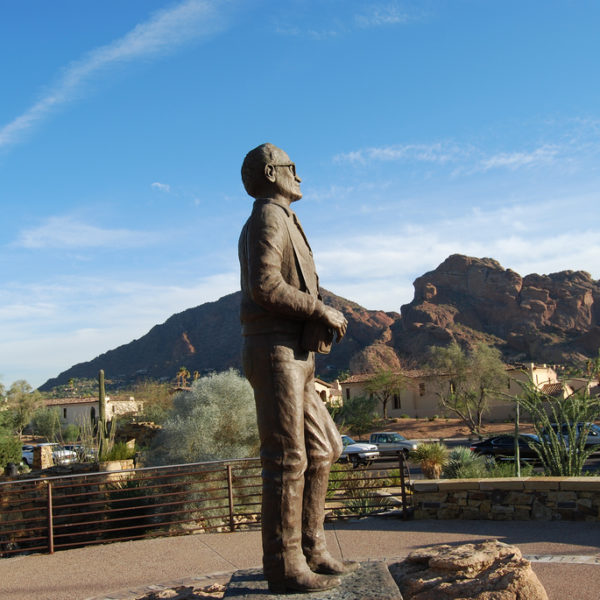
To swipe Oscar Hammerstein’s famous lyric, histories of twentieth-century American religious history – whether academically or popularly-oriented – can’t figure out how to solve a problem like Rousas John Rushdoony, the progenitor and elder statesmen of Christian Reconstructionism.

In a recent video (Humans Need Not Apply) CGP Grey challenges us to imagine a future in which the majority of human work will be performed by ever-more finely-calibrated machines (coordinated by ever-more complex software). Lest we doubt it, he suggests that the seeds of this future are already with us.
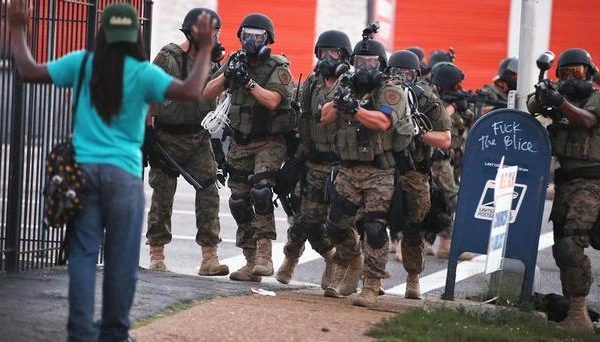
Two questions stand out: Why was Michael Brown killed and why are police units increasingly militarized so that they resemble soldiers in a war zone more than cops on a beat? The answers to these questions do indeed lead back to government–not simply to “big government,” but to a bureaucracy directed to wage war on a class of its citizens, driven by a political culture that ironically champions law and order.
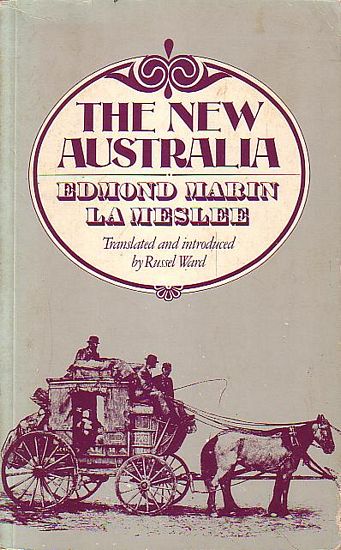
For decades now, we seem to have been living in “end”: the end of history, the end of ideology, the end of theory. Parties nominally of the left (“New Labour”, “Wall St Democrats”) joined those of the right to enforce “democracy” abroad and a “third way” of free market reliance at home. Ideologues and theorists had ceded decision-making to technocrats, and no one need worry about such esoteric matters as justice or fairness, since all we had to do was sit back and let a properly-tuned market deliver optimal outcomes to everybody.
…Stalin is unique among world communist leaders in at least one respect: he studied theology for five years at the Tiflis Spiritual Seminary, the training college for priests in the Russian Orthodox Church. He did so during a deeply formative time of his life, from the age of 15 to the verge of his 20th birthday (1894-1899). One of the best students, he was known for his intellect and phenomenal memory.
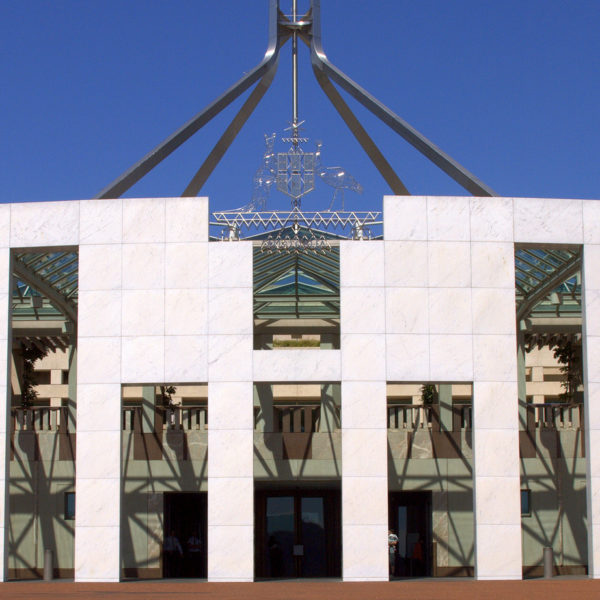
Over the last few years, we have been engaged in an Australian project called ‘Religion and Political Thought’ – itself part of an international project known as ‘Religion and Radicalism’. Funded by the Australian Research Council, it seeks to do nothing less than kick-start an Australian tradition of political philosophy in relation to religion and theology. Our aims may be high, but we realise that it is very much a small beginning to what we hope will foster further debate and research.
